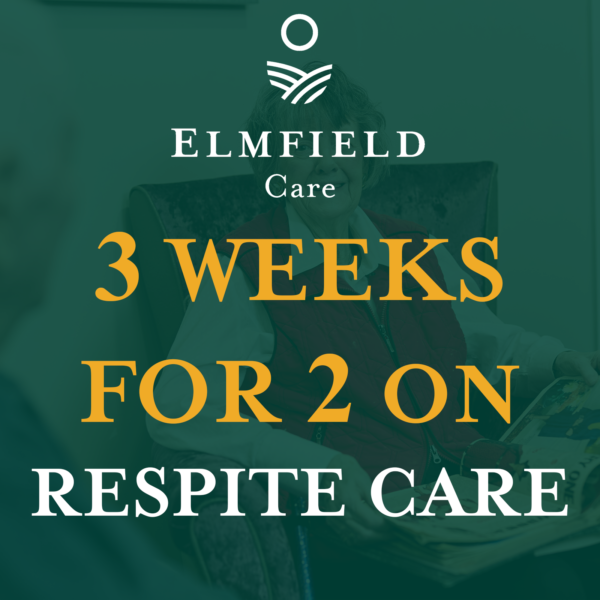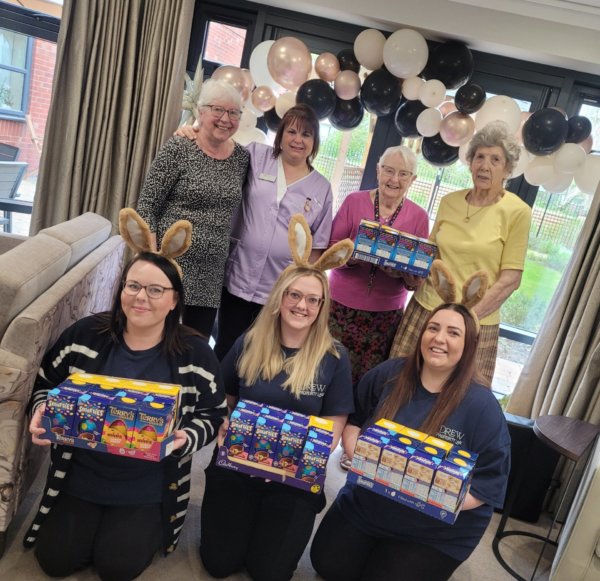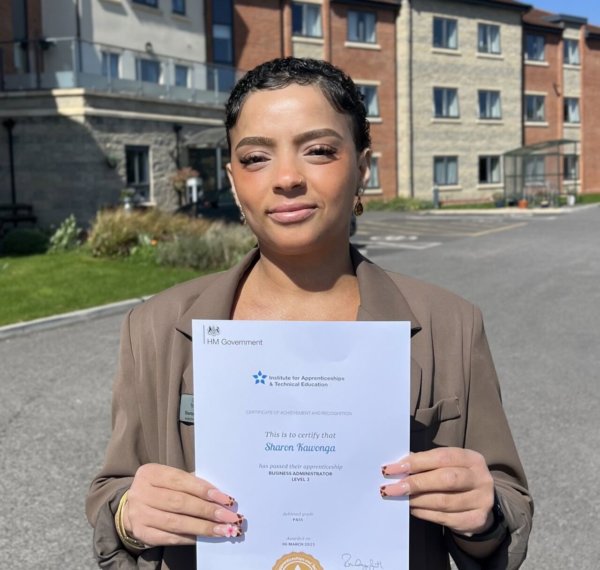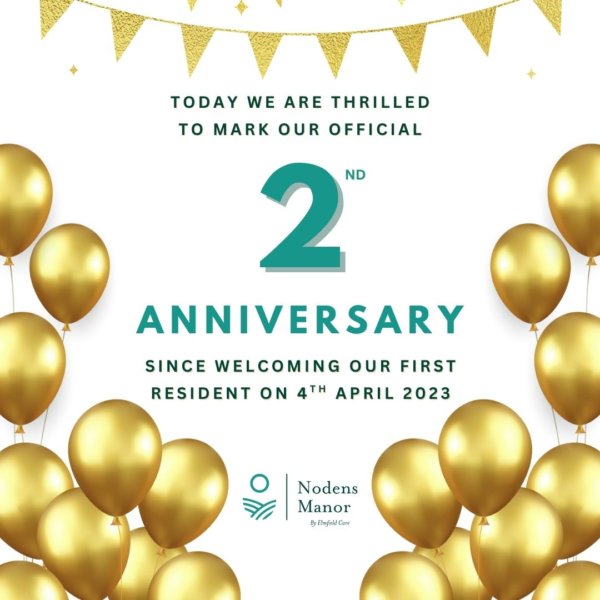Older-Age Assets: How Older-Age Adults Offer Inspiration in Life
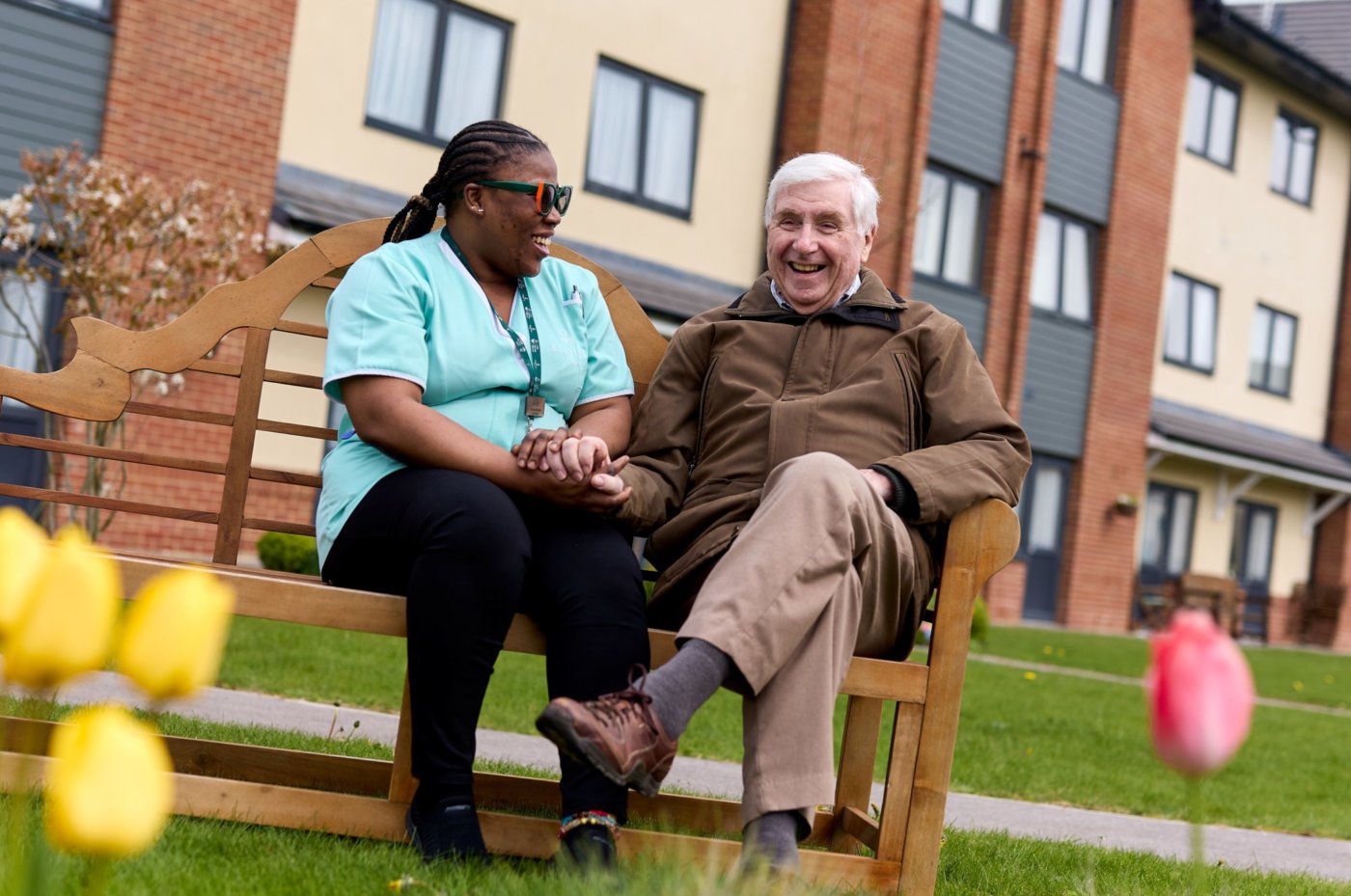
The Importance of Learning From the Life Lessons of Older Adults
“Listen to your elder’s advice. Not because they are always right but because they have more experiences of being wrong.” – Melchor Lim
It’s no secret that today’s society is rapidly evolving. The current fleeting trends and behaviours influenced by the younger population often lead us to lose sight of what’s really important. In addition to this, the older demographic of society subconsciously becomes pushed aside as if they’ve outlived their usefulness.
Older adults, with their wealth of experience and wisdom, serve as a beacon of guidance and inspiration for younger generations. Their life lessons, often shaped by decades of diverse experiences, offer invaluable insights into resilience, adaptability, and the importance of maintaining a positive outlook on life.
We need them as much as–if not more than–they need us.
Gaining Perspective From Those With the Gift of Hindsight
We often lose sight of this, but the gift of hindsight is a unique asset possessed by our elders. It presents us with a wealth of knowledge and perspective that is invaluable, particularly in the realm of personal development and mental well-being.
Let’s take a look at the multitude of these amazing benefits more closely.
The Benefits of Leaning Into Contributions From Older-Age Adults
- Discovering how to adapt: One remarkable aspect of learning from older adults is their ability to adapt to change, showcasing that adaptability isn’t solely the domain of the young but a lifelong skill that enhances with experience.
- Cultivating connections: Older adults often emphasize the significance of relationships and community, reminding us that connections with family and friends are crucial for our mental well-being. They often share stories demonstrating that success and happiness are not solely measured by material achievements but by the richness of one’s relationships.
- Building resilience: Our elders can teach us a lot about resilience. Many have lived through challenging times, faced personal and societal hardships, and emerged with a sense of strength and a positive perspective. This resilience, born out of lived experiences, can offer a roadmap and inspire us to face our challenges with hope and determination.
- Continuous Learning: The older generation often highlights the importance of lifelong learning, proving that growth and development can continue at any age. Their ongoing curiosity and drive to learn new things can encourage us to remain open-minded and engaged, reminding us that life is a continuous journey of growth and discovery.
- Mentoring: One of the most significant contributions of older age adults is their ability to act as mentors and role models. With careers spanning decades, they offer invaluable insights into work ethics, resilience, and adaptability, setting a positive example for younger generations.
- Guarding culture: We would lose a lot of what we know about our different cultures and traditions if we didn’t have our elders tell us and model it to us. They’re well-versed in the special aspects of their culture and have interesting insights into why those things came to be. This can be especially grounding in communities that have developed deep social wounds and have lost their sense of belonging.
- Remembering reflection: The art of reflection, often perfected through the years, allows older adults to share stories that are rich in lessons on patience, forgiveness, and the importance of nurturing relationships. These stories not only inspire but also offer comfort, reminding us that we are not alone in our struggles.
- Broadening our mindsets: Engaging with older age adults also cultivates an appreciation for the diversity of life’s paths and the wide spectrums of success. It challenges the often narrow, societal definitions of success and happiness, encouraging a broader, more inclusive understanding of what we can choose to work towards.
- Encouraging support: Prominently, the emotional intelligence and empathy that come with age equip older adults to offer advice that’s not only pragmatic but also compassionate. Their ability to listen and offer insights tailored to our individual experiences can strengthen the community’s mental health and promote a culture of support and understanding.
Essentially, by valuing and learning from the life lessons of older adults, we not only have great potential to enrich our own lives but also bridge the generational gap, fostering a deeper understanding and appreciation across ages.
How Can We Better Recognise the Value in Older Adults?
There’s no doubt that in today’s fast-paced society, the wisdom and experiences of older adults are unparalleled assets that deserve greater recognition. These individuals bring a wealth of knowledge, skills, and life experiences that can immensely benefit communities and workplaces alike.
Beyond their vocational expertise, older adults often exhibit heightened levels of empathy, patience, and emotional intelligence, honed through years of navigating life’s myriad challenges.
Engaging with older adults fosters intergenerational connections, breaking down societal barriers and promoting a culture of mutual respect and understanding. These relationships enrich our communities by blending traditional wisdom with contemporary ideas, creating a more inclusive and diverse social fabric.
However, recognising the value in older adults transcends mere acknowledgment–it requires active efforts to integrate their perspectives and experiences into our daily lives. Whether through mentorship programmes, inclusive policies, or simply creating more opportunities for intergenerational dialogue, we must celebrate and harness the unique contributions of older age adults.
Some simple steps we can implement now in our daily lives are:
- Respectfully approaching and interacting with our elders as we would any other adult, and not speaking to them as if they are children.
- Making them active participants in decision-making, while making choices that will impact them.
- Fostering independence and giving them autonomy even while helping, caring, and supporting them.
- Continuously asking for their opinions and advice. It not only widens your perspective, but it boosts the elder’s self-esteem and makes them feel valued and appreciated.
- Being inclusive when carrying out activities, and ensuring everyone has the opportunity get involved.
Final Thoughts
Taking everything into account, older adults are not merely beneficiaries of societal care and attentiveness but are key contributors to the vibrancy and dynamism of our communities. Their perspectives, enriched by time, hold the power to illuminate paths through life’s toughest challenges, making them an indispensable asset in the realm of personal growth and mental well-being.
By seeking out, valuing, and integrating their insights and experiences, society stands to gain not just individual inspiration but a stronger, empathetic, innovative, and more interconnected community fabric.
